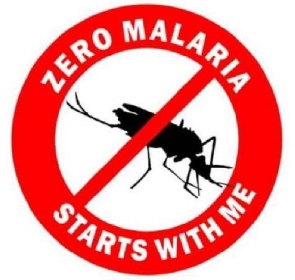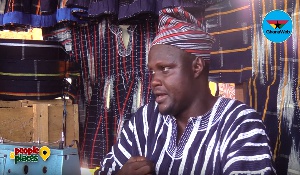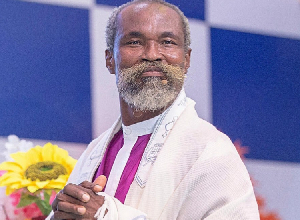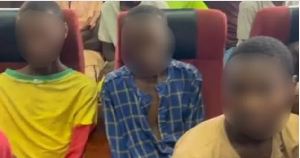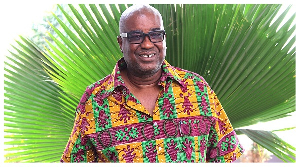Africa is home to 93 per cent of the world’s malaria cases, and accounts for 94 per cent of global malaria deaths, with the economic burden estimated to be up to 12 billion dollars annually.
This, according to UNICEF data, continues to slow the Continent’s growth by more than one per cent, Mrs Cecilia Lodonu-Senoo, the Executive Director, Hope for Future Generation, said.
Mrs Lodonu-Senoo was speaking at the close-out meeting of the Youth Leaders for Health (YL4H) malaria programme in Accra on Wednesday.
She said although malaria could be prevented, diagnosed and treated, the level of investment in its control remained inadequate adding: “Many people who could benefit from malaria interventions miss out because of the health systems inefficiencies”.
Mrs Lodonu-Senoo said the Global Malaria Action Plan, in order to reach the global targets, funding would have to be increased to approximately four times the total current funding levels.
She said the YL4H leadership development initiative, which was launched in 2019, was a one year joint programme by Results UK, WACI Health, Hope for Future Generations, Health Promotion Tanzania-HDT, and CISMAT-SL with support from Comic Relief.
It is to influence decision-makers during a range of pivotal moments to help accelerate progress, end malaria, and strengthen health systems in beneficiary countries.
Mrs Lodonu-Senoo said the leadership development programme amplified the voices of 25 youth advocates from Ghana, Sierra Leone and Tanzania, who were passionate about health and healthcare systems, and were advocating for policy change at key national, regional and global advocacy moments.
In Ghana, eleven advocates from 10 regions were trained and empowered to influence decision-makers to scale-up resources to help end the malaria epidemic, achieve universal health coverage, and create lasting impact.
Mrs Lodonu-Senoo said the close-out meeting was, therefore, to assess the success of the implementation of the programme, discuss the challenges and the way forward to sustaining the gains made after the programme had ended.
She commended all the participants for their active involvement in the advocacy work in their respective regions and said their critical roles were more needed in the next phase of activities, which required much commitment and hard work.
She assured the YL4H Volunteers of the continuity of engagement with her outfit in other malaria-related programmes and activities, and encouraged them to remain committed to using the advocacy and lobbying skills to help sustain the gains made.
That, she said, would expand funding for malaria, enhance advocacy and strengthen inter-sectoral partnership and promote behaviour change among the citizenry to win the fight against malaria in Ghana.
Dr Anthony Adofo-Ofosu, the Deputy Director-General of the Ghana Health Service (GHS), commended the Youth Leaders for their commitment towards the success of the initiative, saying although short, the programme had been impactful owing to the extensive work done.
That, he said, led to positive outcomes, including the contribution to a reduction in current malaria-related deaths in the country.
He urged the volunteers to maintain the networks they had built and pledged the continuous support of the GHS towards malaria eradication.
The volunteers shared some of their experiences during the programme implementation, including the selection process, which they termed as fair, and the use of the skills to lobby decision-makers to increase attention in malaria-related issues leading to reduction in mortality rates.
They, however, acknowledged that there remained more work to be done, with malaria still being rated high among Out-Patient Department records in health facilities across the country and pledged to avail themselves for every engagement and collaboration with other stakeholders to change the narrative.
The participants were awarded certificates of appreciation in the form of citations by the Hope for Future Generation.
Health News of Thursday, 25 March 2021
Source: GNA





